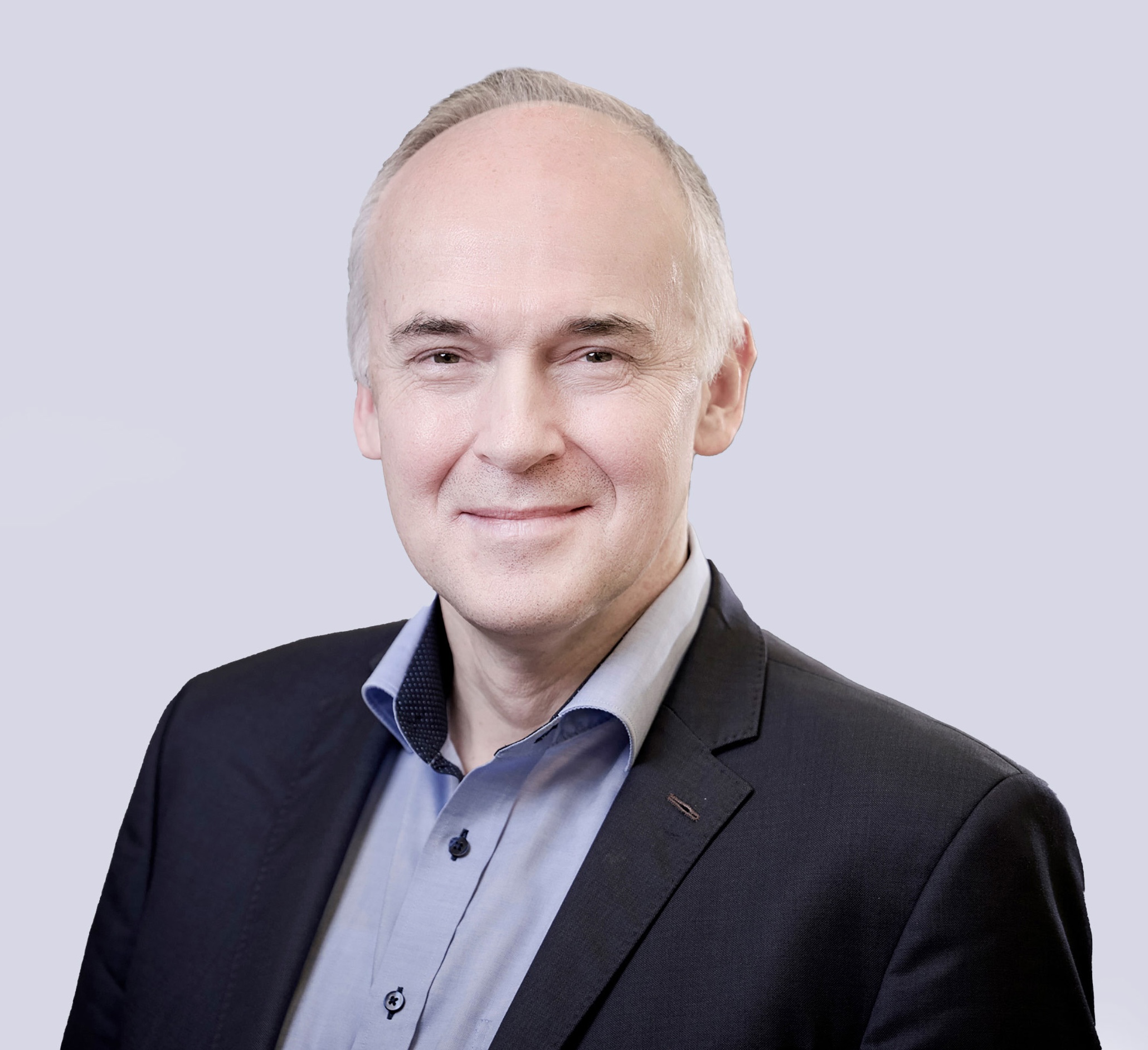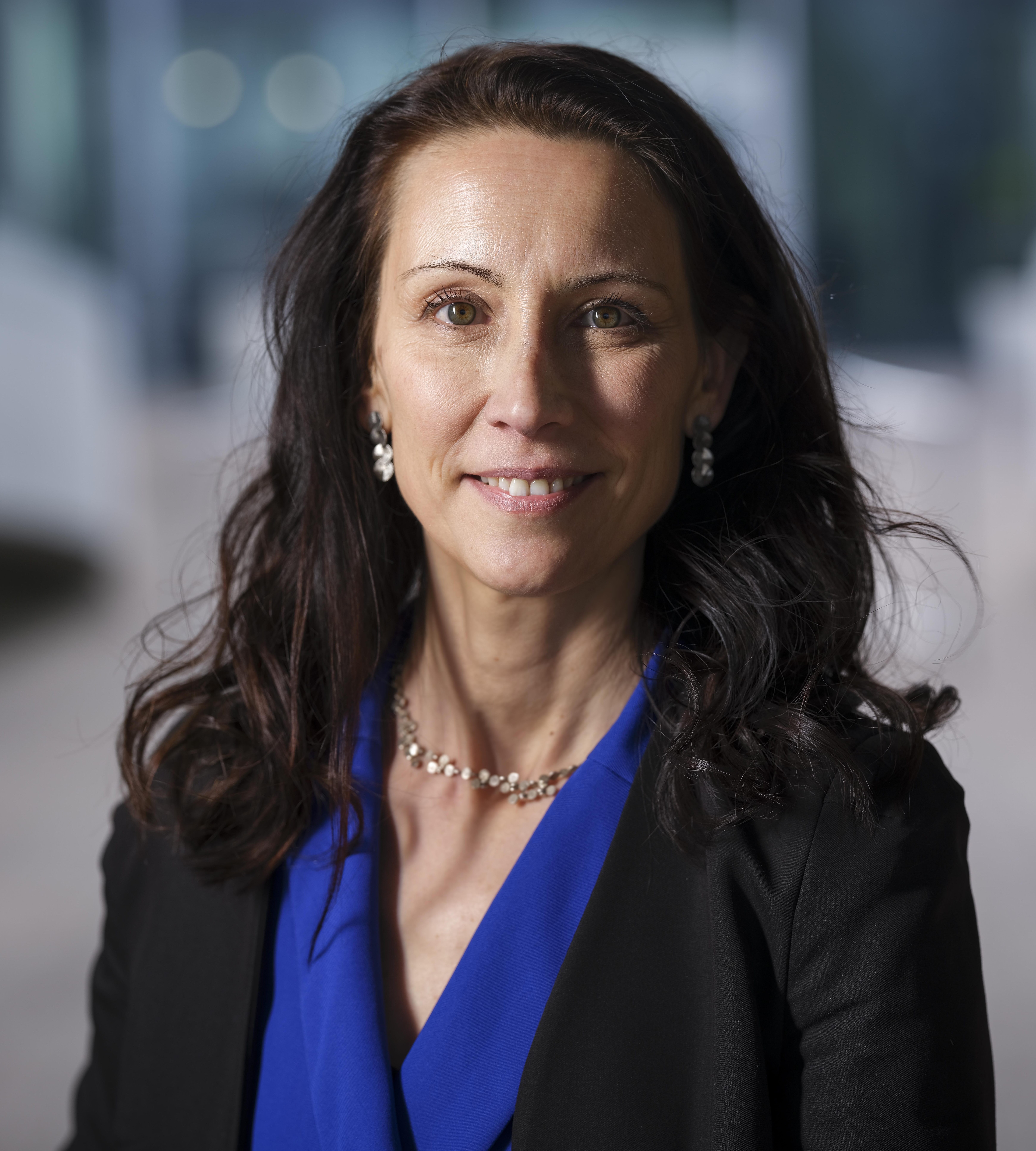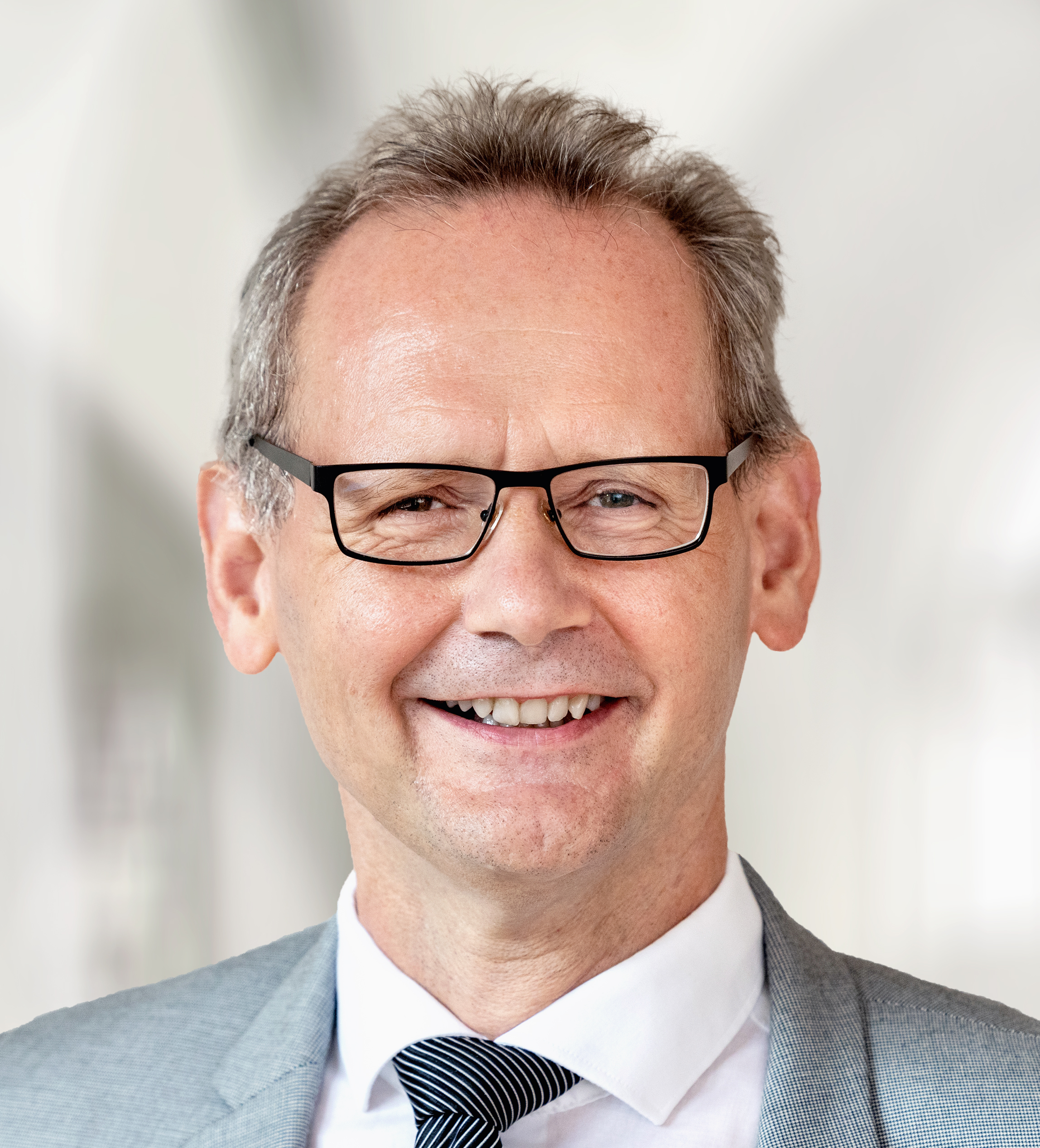Torsten Schwede
Chair of the National ORD Strategy Council President of the Swiss National Science Foundation (SNSF) Research Council
Prof. Dr. Torsten Schwede, a renowned bioinformatician, has presided the Research Council of the Swiss National Science Foundation since 2025. He is Professor of Structural Bioinformatics at the University of Basel and a research group leader at the SIB Swiss Institute of Bioinformatics, where he has been teaching and conducting research on computational structural biology since 2001. From 2018 to 2024, Professor Schwede served as Vice President for Research at the University of Basel, where he was responsible for support for early-career researchers, internationalization, and digital research infrastructures.
Full biography

































Task Force Social Sciences and Humanities
Kurt Schmidheiny
Professor of Economics and Applied Econometrics at the University of Basel
Béla Kapossy
Chair of the Task Force Professor of History, UNIL, Former director of the College des Humanités, EPFL
Rainer Gabriel
Researcher and lecturer at the Institute of Diversity and Social Integration, ZHAW
Tobias Hodel
Assistant Professor in Digital Humanities, University of Bern
Ben Jann
Professor at the Institute of Sociology, University of Bern
Sylvia Jeney
Head of ORD, SNSF
Tabea Lurk
Head of Mediathek at FHNW Academy of Art and Design Basel
Coordination
Rudolf Mumenthaler
Co-coordinator of the Task Force, CoG Member, University of Zürich
Sarah Schlunegger
Co-coordinator of the Task Force, CoG Member, University of Bern